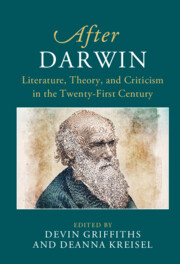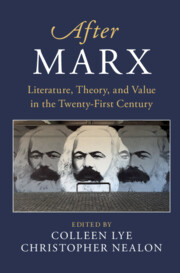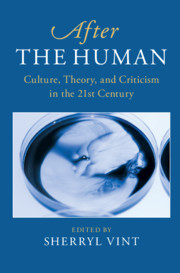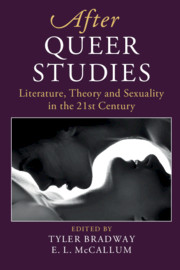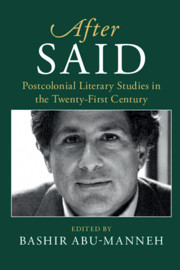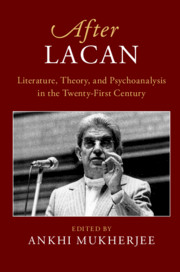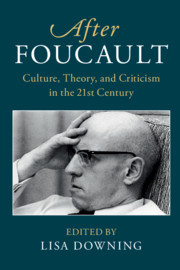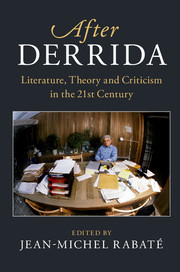This series focuses on the legacy of several iconic figures, and key themes, in the origins and development of literary theory. Each book in the series attempts to isolate the influence, legacy and the impact of thinkers. Each figure addressed not only bequeathed specific concepts and doctrines to literary study, but they effectively opened up new critical landscapes for research. It is this legacy that this series tries to capture, with every book being designed specifically for use in literature departments. Throughout each book the concept of 'After' is used in 3 ways: After in the sense of trying to define what is quintessential about each figure: 'What has each figure introduced into the world of literary studies, criticism and interpretation?' After in a purely chronological sense: 'What comes after each figure?', 'What has his/her influence and legacy been?' and 'How have they changed the landscape of literary studies?' Lastly, After in a practical sense: 'How have their respective critical legacies impacted on an understanding of literary texts?' Each book is a collaborative volume with an international cast of critics and their level is suited for recommended reading on courses.
